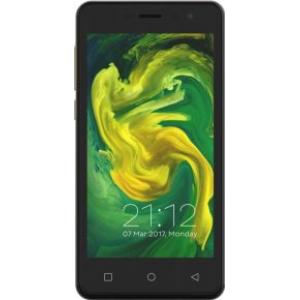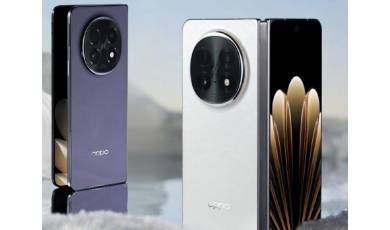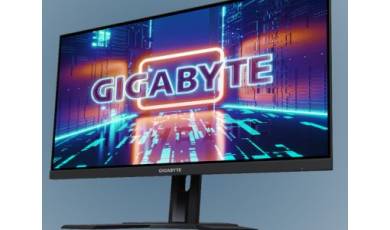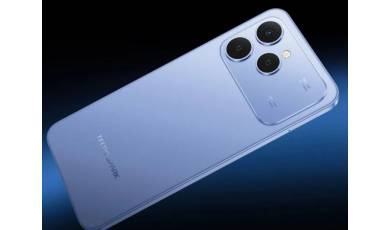Zen Admire Neo Plus G specs.
Mobiles >> Zen >> Zen Admire Neo Plus G| Specifications | Reviews | Secret codes |
| Unlock phone | Root phone |
| Backup | Flash Firmware | Screenshot |

General Information Zen Admire Neo Plus G
Sim Type:
GSM+GSM
Dual Sim:
Yes
Device Type:
Smartphone
Display Zen Admire Neo Plus G
Type:
Color
Touchscreen:
Yes
Size:
4.5 inches, 480 x 854 pixels
PPI:
~ 218 PPI
Memory Zen Admire Neo Plus G
RAM: Random Access Memory
Random Access Memory
1 GB
Internal memory:
8 GB inbuilt
Card Slot:
No
Connectivity Zen Admire Neo Plus G
GPRS: General Packet Radio Service
General Packet Radio Service
Yes
EDGE:
Yes
3G: Third generation cellular network
Third generation cellular network
Yes
4G: Fourth generation cellular network
Fourth generation cellular network
Yes
Wi-Fi: Wireless lan technology
Wireless lan technology
Yes
Bluetooth: Bluetooth is used to exchange data between nearby mobile devices.
Bluetooth is used to exchange data between nearby mobile devices.
No
Camera Zen Admire Neo Plus G
Camera:
Yes, 5 MP
Dual Camera:
No
Front Camera:
No
Technical Zen Admire Neo Plus G
Smart Phone OS: An operating system (OS) is software that interacts between a user and a smartphone.
An operating system (OS) is software that interacts between a user and a smartphone.
Android, v7 (Nougat)
Battery Zen Admire Neo Plus G
Size:
2000 mAh, Li-ion Battery
Comments, Questions and Answers about Zen Admire Neo Plus G
Ask a question about Zen Admire Neo Plus G





